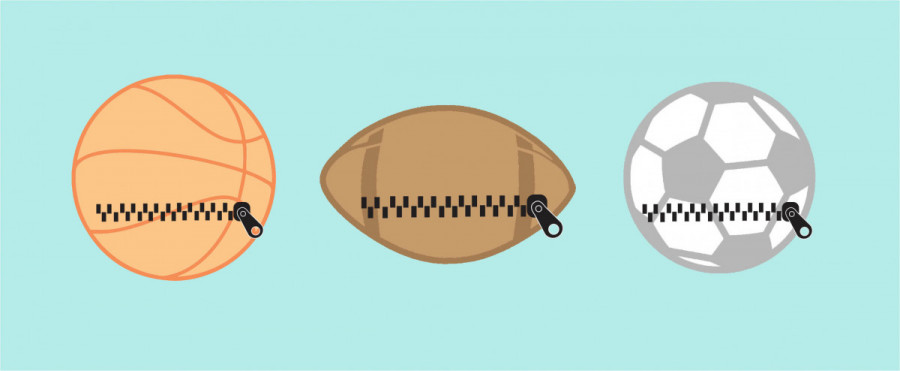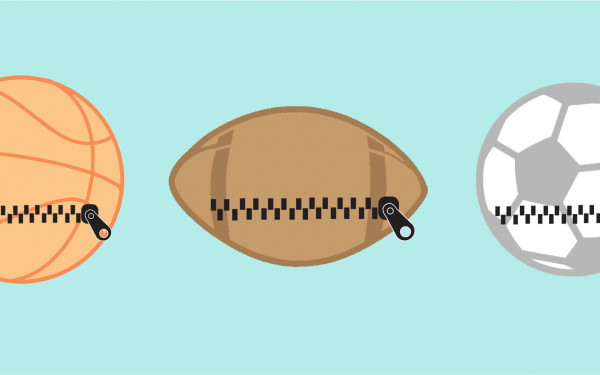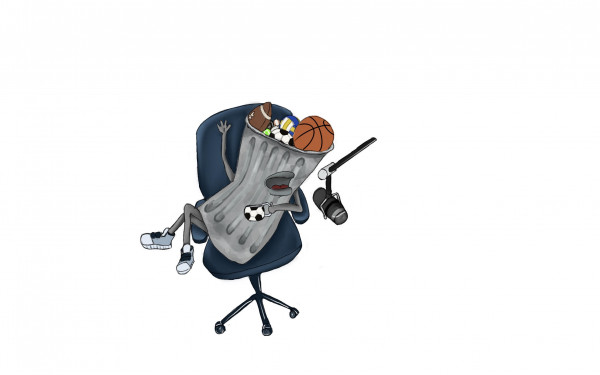Shut Up and Dribble: Women’s soccer remains an after-thought as shown by the Ballon d’Or ceremony
Only eight out of 30 players could attend the prestigious ceremony this year
The Ballon d’Or is a coveted award in soccer, presented by the French news magazine France Football, that honours the player deemed to have performed the best over the previous season. The award, established in 1956, was solely awarded to men until France Football welcomed the first Ballon d’Or Féminin in 2018.
However, France Football’s continuous horrible scheduling makes it nearly impossible for women’s soccer nominees and players to attend.
Every year since the Ballon d’Or Féminin has been established, the ceremony has taken place in the middle of the women’s international break—a window that allows players to compete in a series of friendlies with their national teams. The nominees had to choose between going to the ceremony or playing for their country. Only eight of the nominees attended, five of whom were from the Spanish women’s national team, who could attend because their head coach Montse Tomé adjusted their training in Switzerland.
It is frustrating to witness talented female athletes still not getting the recognition they deserve. It seems France Football fails to truly care about the women in the sport, rather they only added the Ballon d’Or Féminin to look more inclusive.
Luckily, Spanish midfielder Aitana Bonmati, who won her first Ballon d’Or Féminin on Oct. 30 alongside men’s soccer winner Lionel Messi, could attend the event, held at the Théâtre du Châtelet in Paris.
Unfortunately, those who were too far away or unlikely to win could not make an appearance at the celebration of their accomplishments. Jamaican forward Khadija Shaw, and American forward Sophia Smith, as well as English goalkeeper Mary Earps, midfielder Georgia Stanway and defender Millie Bright, were among the female players who could not attend.
Stanway said none of the English players nominated would attend the ceremony because they were preparing for their Union of European Football Associations Women’s Nations League game against Belgium the next day.
“You never know if you’ll get selected for such an accolade like that again,” said Stanway at a press conference regarding her nomination. “It would be really nice to enjoy the experience and be there.”
This could be the only opportunity for some female players nominated to attend the ceremony. Organizers should put more effort into making it possible for all the nominees to be present. But why would France Football care whether women’s soccer nominees can attend when Lionel Messi and Kylian Mbappé will headline the ceremony?
To make matters worse, Bonmati was presented the trophy by tennis player Novak Djokovic, who has previously spoken out against equal pay in sports.
“Because statistics show, there are more spectators at men’s tennis matches. That’s one reason why men’s tennis players should get more prizes,” said Djokovic. “Women have to fight for what they think they deserve and we have to fight for what we think we deserve.”
Sadly, this is not the first time an inappropriate presenter has been selected. At the 2018 Ballon d'Or ceremony, French DJ Martin Solveig presented Norwegian forward Ada Hegerberg with the Ballon d’Or Féminin and proceeded to ask if she knew how to twerk when she went on stage to accept the award.
On top of the Ballon d’Or, the Kopa Trophy for the best U21 player, the Yashin Trophy for the best goalkeeper, and the Gerd Müller Trophy for the best striker were among the other prizes distributed. However, they have yet to include female awards for these categories, adding to the lack of recognition towards talented female athletes.
It is time for women to be treated with as much respect as their male counterparts and be awarded a night to celebrate their accomplishments without scheduling issues and sexist presenters.







